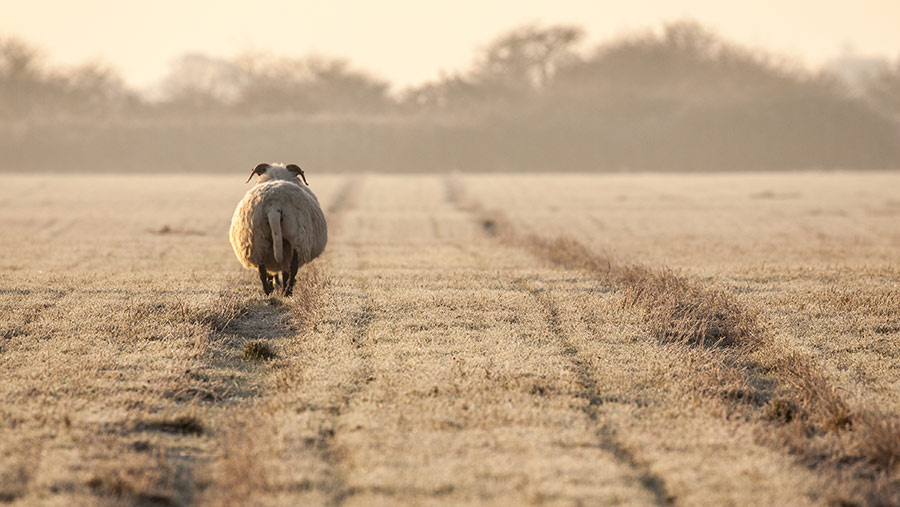Opinion: Agriculture must be ‘farmer-friendly’
 © mreco/Adobe Stock
© mreco/Adobe Stock Most elements of society – government, industry, NGOs and consumers – are united by the wish to see “nature-friendly” and “climate-friendly” farming as a necessary means of reaching our environmental goals.
British farmers are, for the most part, only too happy to facilitate this.
I was recently struck, however, by a comment at a regenerative farming event in Brussels, that such aspirations are all well and good, but to achieve them we must first achieve “farmer-friendly farming”. It is something woefully lacking across the piece.
See also: Opinion – maybe I should just buy machinery to distract myself
A member of the Welsh Assembly recently suggested that – in light of her government’s policy of shunning the proven effectiveness of culling wildlife infected with bovine TB – cattle farmers in areas of high disease incidence might consider pursuing another profession.
That’s certainly an innovative means of reaching the Welsh government’s target of eradication by 2041, but leads one to wonder whether they mean to eradicate bovine TB, or farming.
The recent brouhaha around Red Tractor’s Greener Farms Commitment is another case in point. It was announced without consultation from farmer organisations, and was strongly backed by the retailers.
Unsurprisingly so, given that it would deliver many of the sustainability benefits they need to realise in their own businesses, paid for (and given away) by the farmers in their supply chains.
It would terminally undermine any premiums that might be available for farmers to implement more sustainable practices, as they became an inevitable requirement of market access.
Of course, overarching all of this is the continuing paucity of budget for post-CAP agricultural schemes.
Even the “ring-fenced” £2.4bn (a large part of which has gone Awol with the reduction in the Basic Payment Scheme and incredibly late delivery of SFI) is only guaranteed until the end of this parliament.
After that? Who knows, but Defra will be up against Health, Defence, and Work and Pensions et al in the inevitable departmental bun-fight.
Despite the image of farmers riding at record levels of positivity among the general public, there seems to be a latent level of contempt for farmers among the wider supply chain and political class.
Promises are made and repeatedly, brazenly broken, and “fairness in the supply chain” nothing but an ironic cliché.
Rents are at near-record highs, and many landlords seem content to extract as much as they can from their tenants – or even remove them from the land altogether, as demonstrated by the recent (but now sidelined) Rock Report.
British agriculture has somehow managed to defy economic gravity in recent decades to uphold remarkably high standards, but if we are ever to secure a genuinely sustainable food system, we need to see genuinely sustainable treatment of farms.
For how long do billion-pound corporations think they can continue to enrich their shareholders from the pockets of small family farms?
Does government really think that national food production and the environment should be propped up by holiday lets and second jobs?
Do NGOs really think that demanding ever-more punitive and unworkable policies will lead to the outcomes they want?
It’s hard to be green if you’re in the red. It’s time for society to wake up and realise what a properly supported farming industry can deliver for the country.

